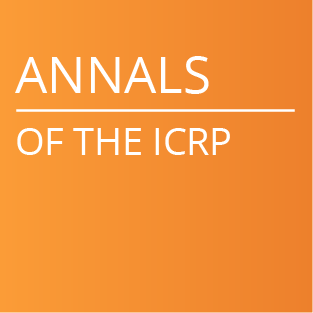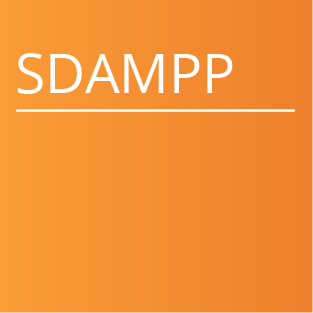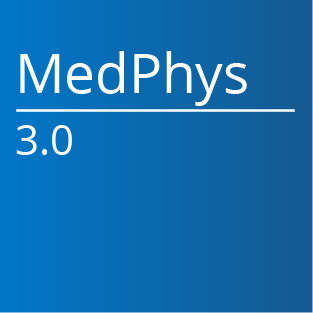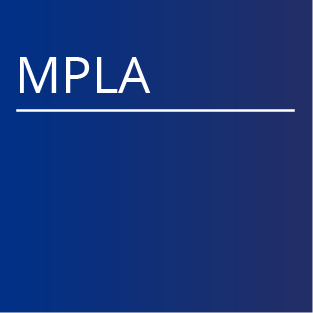Career Advice:
Informational interviews II: What do you talk about?
By: Alaina G. Levine
One of the biggest stumbling blocks that job seekers and neophyte networkers encounter is knowing what to talk about when meeting someone new at a conference. The same block looms when you set up an informational interview. (Why you should conduct informational interviews was the subject of part I of this series.)
Start by remembering that the job search is never just about you. It’s also about your target organization and what you can do for the decision maker. In advance of an informational interview, you therefore need to research the other party and the organization she or he represents. She or he needs to see that you are invested in the conversation and the relationship it brings, that you are not just out to get something, and that you are truly interested in contributing. Your partner in the informational interview wants to see that you have verified that your expertise aligns with their needs and that you have begun to explore how you can help them.
You can find information on your interviewer by:
- doing a basic Google search
- examining their LinkedIn profile or personal webpage
- searching Google News for their name
- using Google Scholar, Scopus, arXiv or other database to look for their scientific papers
- looking through recent conference programs
Once you’ve done your research about the other party you can start to assemble some questions you would like to ask. These may include:
- What’s the best part of your job?
- How did you carve out your career path?
- What skills have been the most useful to you in your current position, and throughout your career?
- What skills do you wish you had had when you began your career or current job?
- What suggestions do you have for entry points to a career or job path?
- What kind of information or experience should I especially highlight in an application?
- What the biggest mistakes candidate make when applying for job opportunities in your organization or in your field of study or business?
- Is there a typical day or does each day vary? Can you describe a day?
- What are your proudest career accomplishments?
- How should someone transition into a career path similar to yours?
- What organizations or associations are most useful to you professionally?
- What conferences are the most useful to attend?
- What publications are the most useful to read?
- Who are some other people you would recommend I speak with?
- What is your mailing address? (So you can send them a thank you note.)
- If there is anything I can assist you with, don’t hesitate to let me know!
Keep in mind that although you will ask a lot of questions during the informational interview, it should not feel to the other person like you are frenetically peppering them with queries. An ideal informational interview will be a genuine conversation. This means that you can interject information about your own expertise and interests. You may find that answers to some of the questions on my list emerge from the conservation without your having to ask them.
The questions are simply the skeleton of a great chat. Don’t feel like you have to stick to a script—the conversation can and should flow organically. If the other party says X and that gives you an idea about Y, then go on a tangent and talk about Y. Furthermore, an effective informational interview provides insight to both individuals—just as you might get ideas from speaking with her or him, she or he may get ideas from speaking with you.
But as many of these questions are tried and true, I will elaborate on a few below.
What’s the best part of your job?
This is one of my favorite questions to ask, and I often use it early in the conversation. The question sets a positive tone for your discussion and, ultimately, for the alliance you are hoping to build. What’s more, the question is almost foolproof—it gets people talking about themselves, and about what they enjoy. They will associate that joy with you and be more likely to reveal information to you. It’s a bit like dating: Keep the questions positive and engage the interviewer with a conversation about what makes him or her happy.
What skills are the most useful to you?
This question helps you know what can set you on a path for success in the other party’s sector, organization, or field. It lets you know what abilities you should highlight (or soft-pedal) in a future application. You can even use the question as a springboard to share your own experiences. For instance, if your informal conversation host says that budgeting has really helped her as a faculty member, you can agree and go on to mention that you are developing budgeting and accounting skills through your volunteer work in the postdoc association at your university, or as a member of the board of directors of a local charity.
Who are some other people you would recommend I speak with?
You are always seeking to expand your networks—in part, because you are always seeking to expand your networks. Most people will give you at least one other contact to approach, but a more important aspect of this question is that it reveals people in the network of the other party, who may have been inaccessible or completely unknown to you.
I remember an informational interview I had with a public relations (PR) executive many years ago. I had just begun my career in science communications and reached out to her after reading an article she wrote in a PR magazine. She was more than happy to speak with me. We had a great chat. Although I asked for only 20 minutes, she remained on the phone for an hour. As the conversation was concluding I asked her with whom she recommended I speak to learn more about the topics we explored. She named three of her colleagues, including a recruiter in PR.
Although the whole conversation was fascinating, it was this contact that showed me the full power of informational interviews. Because the PR executive said I should speak with the recruiter and gave me his email address, I now had very special currency: I could email him and write in the subject line “Appointment Request, Referred by X.” And because the recruiter knew the executive, he would grant me a meeting, which he might not have done if I had cold-emailed him. The door was open.
As you develop contacts with other professionals, always remember to let the original party know that her or his referral was helpful and why. Busy people want to know that you appreciate their assistance, but this also serves as another way to keep in that interviewer’s network.
What is your mailing address?
The purpose of this question is simple—you want to send your interviewer a thank-you note and you need to confirm you have the right mailing information. See my earlier column on the art and science of the thank-you note.
If there is anything I can assist you with, don’t hesitate to let me know!
This inquiry serves to set the tone of your future relationship as a mutually beneficial partnership. Your conversant has just donated 20 minutes or more of her day talking to you—time she could have spent pursuing scientific exploits or playing ball with her kid. So in addition to thanking her on the phone and then mailing or emailing a follow-up thank-you note, you should also express gratitude in a different way by offering to help her in the future.
That said, it could be hard for the interviewee to answer the question without knowing more about the interviewer. So after offering to be helpful, you could continue in this fashion:
I'm at an early stage of my career, but I do know how to use atomic force microscopes and where to find the best pizza in my hometown, Syracuse. As an early career scientist, I would love to be a resource for you. If I don't know the answer to a question, I am sure I can find someone who can, whether it is at my current university or alma mater, through collaborative groups in which I participate, our professional society, or even through LinkedIn or Facebook.
People appreciate offers of help that are substantial rather than generic. What's more, such statements exemplify your resourcefulness, trait that employers value when making hiring decisions. And even if you can’t take immediate advantage of what you’ve learned, you pass your information on to members of your own burgeoning network, thereby advancing your reputation as someone who looks out for other people’s interests as well as your own.
Alaina G. Levine is a science and engineering writer, career consultant, and professional speaker and comedian. Parts of this column appear in Networking for Nerds (Wiley), Levine’s newly published book on networking strategies for scientists and engineers. She can be reached through her website www.alainalevine.com or on Twitter at @AlainaGLevine.



















